News
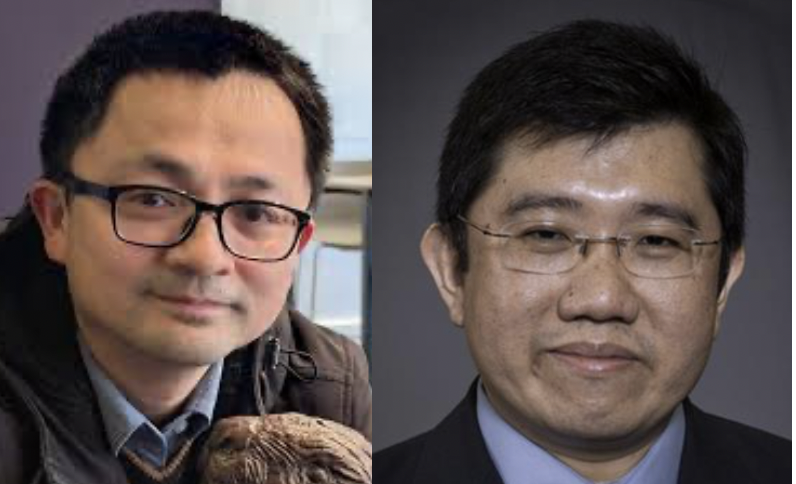
February 17, 2026
Wei Xiong and Albert To Win DARPA Award
Wei Xiong and Albert To have received a $400,000 DARPA award to develop advanced interlocking interfaces that more effectively connect dissimilar materials such as titanium and nickel.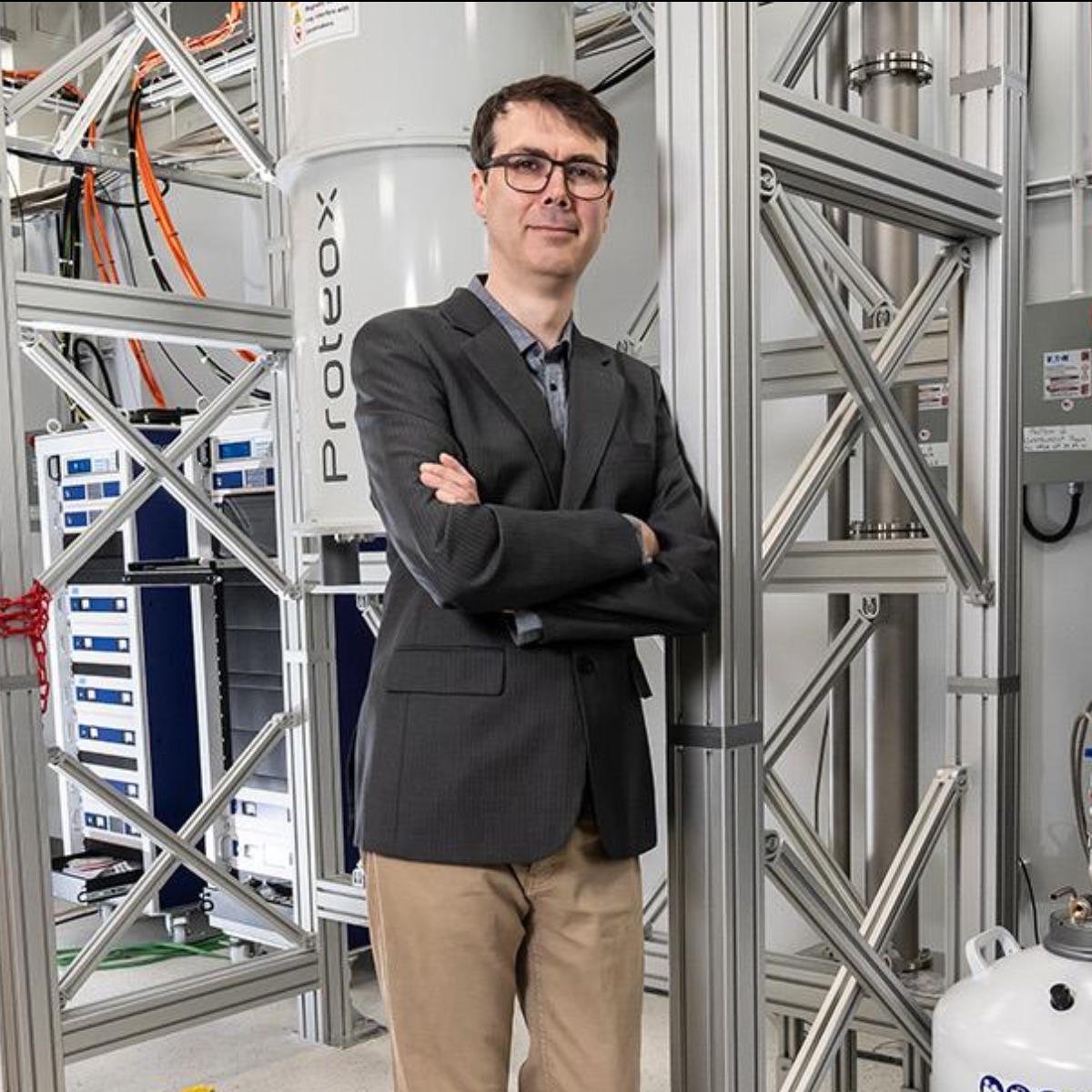
February 17, 2026
Sergey Frolov Advocates for Transparency and Reproducibility in Physics
Physicist Sergey Frolov is confronting the replication crisis in condensed matter physics by promoting rigorous data preservation, transparency, and reproducibility.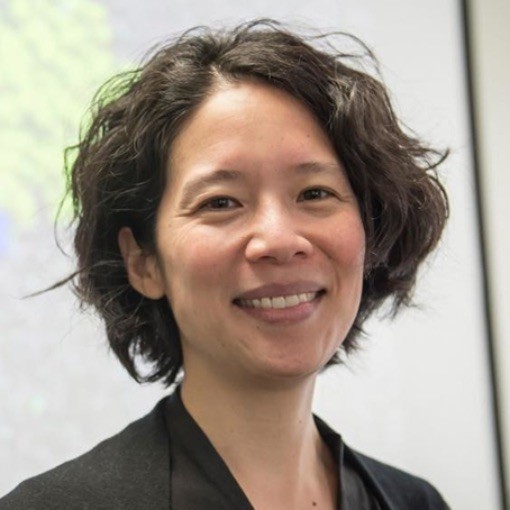
February 4, 2026
Lillian Chong Receives UCSF Graduate and Postdoc Alum of the Year Award
Lillian Chong, a professor of chemistry at the University of Pittsburgh, has been named the University of California, San Francisco’s Graduate and Postdoc Alum of the Year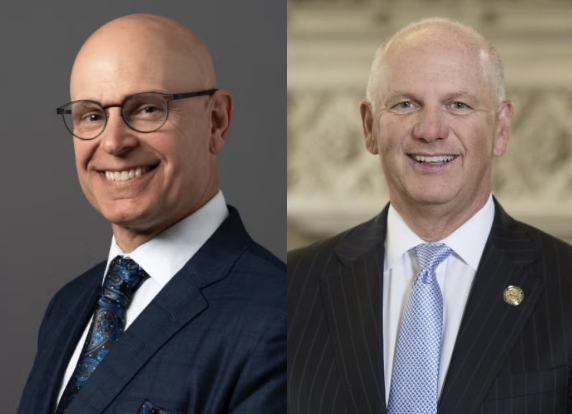
January 25, 2026
Senate Introduces Bipartisan Bill to Strengthen National Quantum Initiative
Senators Todd Young and Maria Cantwell unveiled bipartisan legislation to reauthorize and expand the National Quantum Initiative, an effort built on advocacy from Robert Cunningham and David Hickton, who publicly urged Congress in 2023 to strengthen the initiative through op-eds in support of its passage.
January 25, 2026
Nathan Youngblood Recognized for Breakthroughs in Optical Computing
University of Pittsburgh professor Nathan Youngblood received the Friedrich Wilhelm Bessel Research Award for his pioneering work in optical computing, which uses light to process data more efficiently than traditional electronics.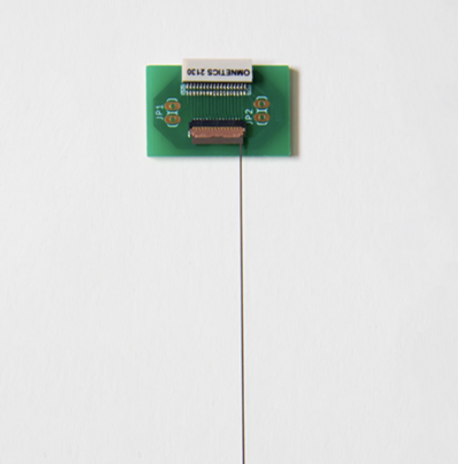
January 25, 2026
Safer, High-Density Stainless Steel Neural Probes Transform Brain Research
Carnegie Mellon researcher Maysam Chamanzar and his team developed the first microfabricated stainless steel neural probe, providing a safer and more durable alternative to brittle silicon probes.
January 25, 2026
Pitt Researchers Put Quantum Computing to the Test for Engineering Simulations
Researchers Juan José Mendoza Arenas, Peyman Givi, and Hirad Alipanah of the University of Pittsburgh led a study testing whether quantum computers can solve complex engineering problems governed by the advection-diffusion equation.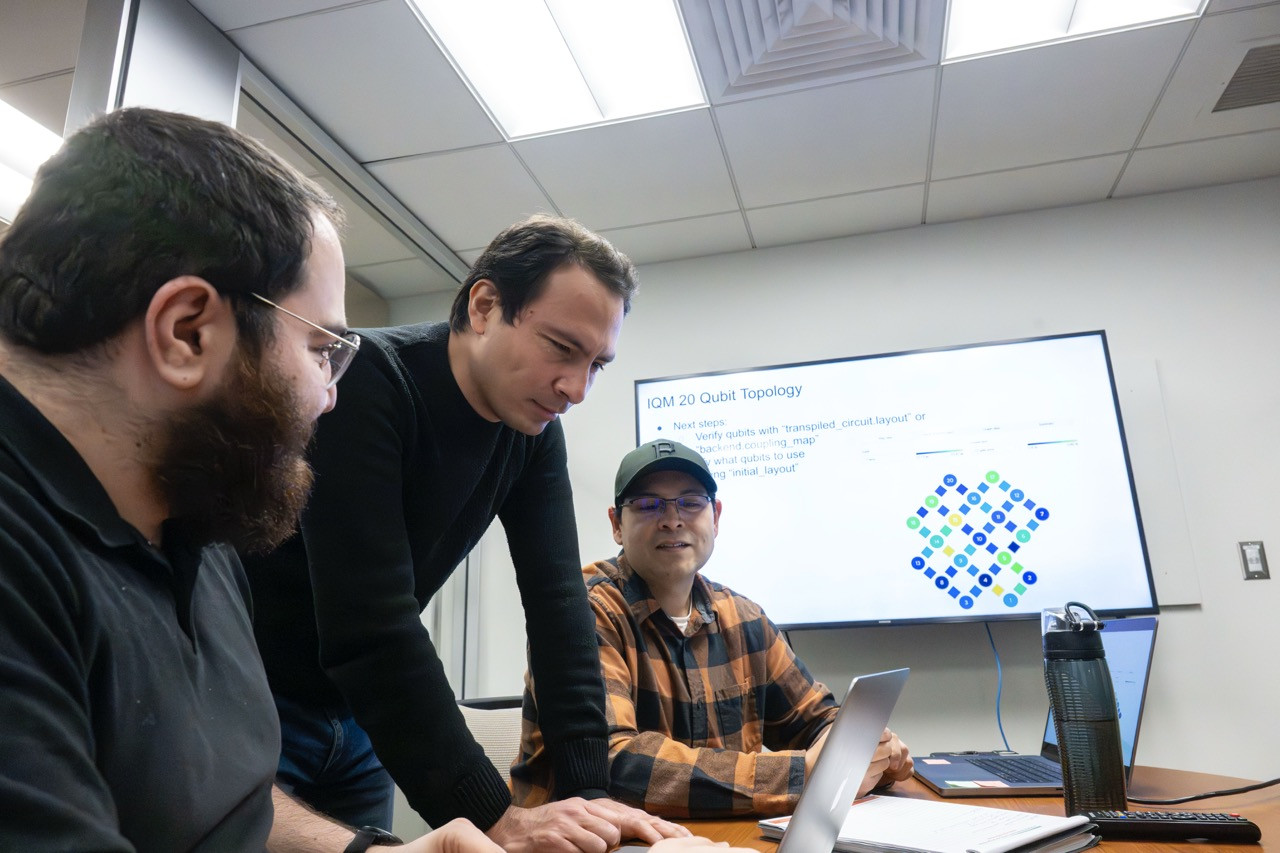
January 7, 2026
Quantum Computing Approach Aims to Improve Turbulence Modeling
University of Pittsburgh’s Juan Jose Mendoza Arenas and Penn State’s Xiang Yang have received a Charles E. Kaufman Foundation New Initiative Grant to explore how quantum computing can model small-scale turbulence.
January 7, 2026
Congratulations to our Spring 2026 Fellows!

November 12, 2025
Pitt Leads Global Effort to Strengthen Cybersecurity on Earth and in Space
The University of Pittsburgh’s Swanson School of Engineering is hosting the IEEE Workshop on Security and Resiliency of Critical Infrastructure and Space Technologies on Nov. 11 at the Wyndham Grand Hotel.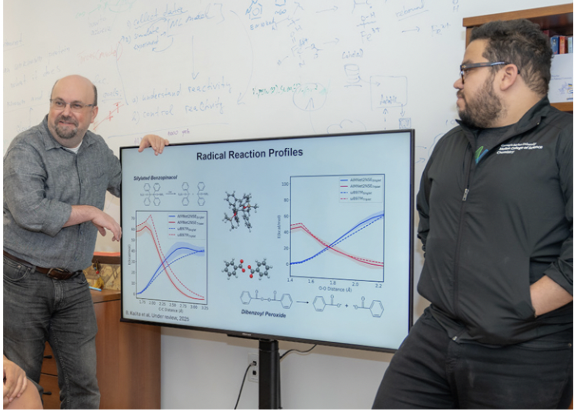
November 12, 2025
CMU Chemists Advance Discovery Through NSF C-CAS Collaboration
Carnegie Mellon researchers are helping to lead the NSF Center for Computer-Assisted Synthesis (C-CAS).
November 12, 2025
Alysia Mandato Receives ACS Pittsburgh Distinguished Service Award
Alysia Mandato (Ph.D. 2025) received the Pittsburgh Section of the American Chemical Society Distinguished Service Award for her exceptional volunteer contributions.
November 12, 2025
Nathaniel Rosi Wins ACS Pittsburgh Award
Professor Nathaniel Rosi received the Pittsburgh Award from the Pittsburgh Section of the American Chemical Society for his distinguished service to chemistry.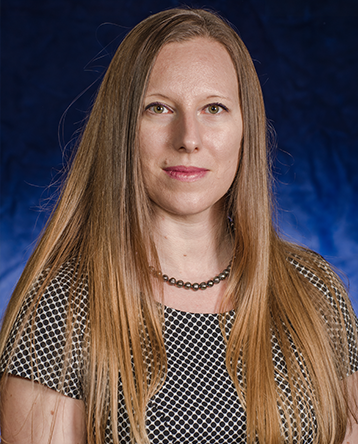
November 12, 2025
Noa Marom Elected Fellow of the American Physical Society
Noa Marom, professor of Materials Science and Engineering at Carnegie Mellon University, has been elected a Fellow of the American Physical Society (APS).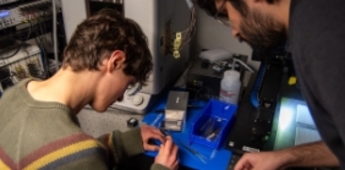
November 5, 2025
The First Experiences in Quantum Program
PhD Students: Mentor Beginning Undergrads Through the FEQ Guide ProgramPagination
- Page 1
- Next page
